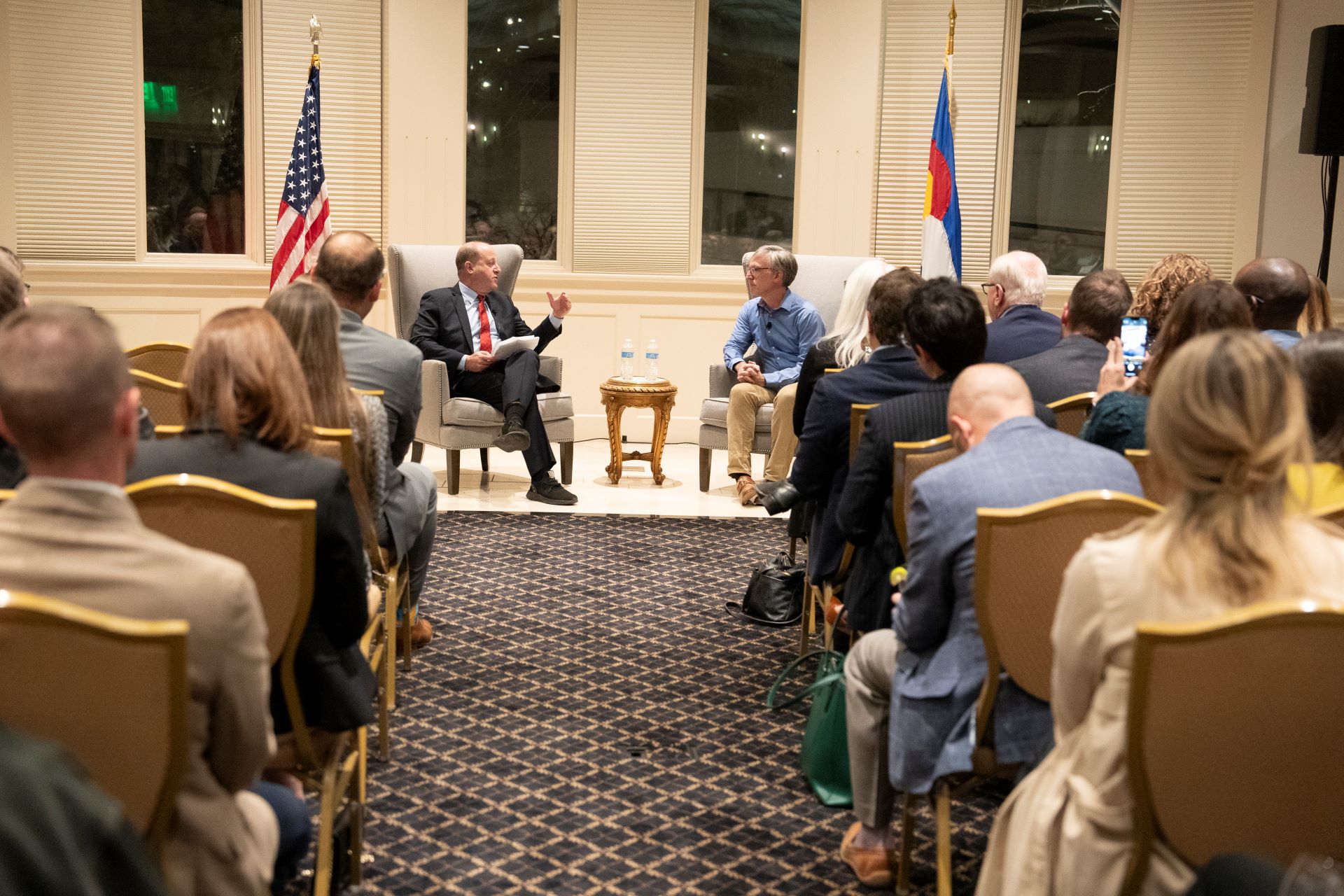Background
Most home- and center-based child care providers offer coverage for parents who work 9-5pm on Monday-Friday. Parents working in industries like healthcare, service, manufacturing or retail, are often left devoid of available child care options while they work nontraditional hours (NTH), like on the weekends or overnight. Some parents choose to leave their child with a family member or friend, but others can be faced with a choice to reduce or change their employment or pay out of pocket for a babysitter. The gap in nontraditional hour child care is complicated by existing provider shortages, concerns around quality, and parental trust in overnight care. Several states are taking steps to remedy this gap in their systems through strategies like implementing a tiered reimbursement rate system, prioritizing the recruitment of new providers, or supporting family, friend, and neighbor (FFN) care. The universe of NTH child care providers is fragmented and while there is no single fix to fill every gap, Governors and child care agencies have the opportunity to employ creative solutions to address the needs of this subset of parents.
On Wednesday, October 25th, the National Governors Association Children and Families team hosted a monthly Human Services Policy Advisors Institute Call on state options to support and expand nontraditional hour child care options, with presentations from researchers at the Urban Institute, and a state speaker from the Minnesota Department of Health and Human Services.
Speakers
- Diane Schilder, EdD, Senior Fellow with The Urban Institute
- Dawn Dow, Principal Research Associate with The Urban Institute
- Tracy Roloff, Special Projects Manager for the Child Care Services Division, Minnesota Department of Health and Human Services
Urban Institute
Summary:
Speakers from the Urban Institute highlighted key themes from recent work into nontraditional hour child care, which they define as care in the early morning, late afternoon, overnight, or at any point during the weekend. Key trends from the presentation include:
- Single parents, low-income, or families of color are more likely to require nontraditional hour care.
- Most parents use a combination of care structures to cover their needs between home-based, center-based, and family, friend, and neighbor (FFN) care. However, when it comes to overnight, late evening, or early morning care, most parents leverage and prefer to have care delivered in the child’s own home by FFN , rather than in a center-based structure.
- Community and business leaders have attested that a lack of NTH care is limiting workforce participation, and are trying to address this problem themselves by, 1) partnering with child care providers and supporting shared business services, 2) considering parents care needs in the development of work schedules, and 3) working with local leaders to support policies that boost funding for NTH care.
Policy Recommendations:
- Finding ways to extend center-based care, even for a few hours, just before or after the start of the traditional workday is consequential.
- States are incentivizing centers to operate during NTH hours by either raising subsidy rates for care outside of traditional hours (Connecticut) or by allowing local agencies the flexibility to restructure their subsidy system (Texas).
- States are boosting the quality of NTH family, friend, and neighbor care by allowing their participation in professional development opportunities (Hawaii) or allowing for a different set of considerations to be taken into account for NTH or overnight care (i.e. “quality of care” when a child is asleep is different than “quality care” when a child is awake) (Indiana).
- States are supporting the business needs of child care providers by allowing counties to create “contract” NTH slots for child care providers (Colorado) or creating shared service agreements to help providers manage business logistics (Virginia).
- States are supporting family, friend, and neighbor infrastructure by allowing FFN caregivers to access subsidies (Montana, New Jersey) or by providing information, support, or start up funding to unlicensed caregivers to give them the tools they need to obtain a license (Kentucky, Alaska, Idaho).
Minnesota
Summary:
- Minnesota’s FFN Care program began in the nineties but became the first to provide state funding for FFN care in 2008. The mission of the program is to create trusting relationships and supports for FFN caregivers to enhance their knowledge and the skills that promote children’s safety and healthy physical, social/emotional and cognitive development within the context of the child’s family and cultural community.
Program Goals:
- Support FFN providers, expand FFN support geographically, and continue to increase community engagement.
- Increase the cultural diversity of child care providers in Minnesota.
- Increase the number of registered legal non-licensed (LNL) providers in the state.
- Invest in a consistent, coordinated and sustained statewide network of support for FFN providers.
- Provide support and technical assistance to targeted community-based organizations to increase their capacity to support FFN providers.
- Boost FFN providers’ awareness of available resources.
Funding:
During the pandemic, Minnesota dedicated a significant amount of federal relief money to supporting FFN providers. Through these federal dollars, they were able to permanently hire of a full time FFN Project Manager, invest in an outreach and marketing campaign, commission an environmental scan of FFN in the state, and distribute $2.9 million in grant funding to FFN organizations supporting FFN providers. Funding included:
- $1 million of its CCDBG CARES Act was appropriated to provide financial support to agencies to provide direct outreach, training and materials supports to FFN providers, prioritizing organizations serving minority communities.
- $4.5 million of the Coronavirus Response and Relief Supplemental Appropriations Act (CRRSA) and American Rescue Plan Act (ARPA) funds was invested to support Family, Friend and Neighbor providers in the state. Through this work, they were able to permanently hire a full time FFN Project Manager.
Minnesota also leverages several sustainable funding streams to support the FFN work in perpetuity:
- Minnesota has used the Preschool Development Grant to provide funding support for an FFN Learning Community and early childhood mental health coaching supports for providers.
- The state’s FFN Grant Program has secured $7.8 million for Oct. 1, 2023 –June 30, 2025, with $5,075,000 from the federal Child Care Development Block Grant and $2,725,000 from the State General Fund.
Resources For States
Please find the slides from the meeting here.













